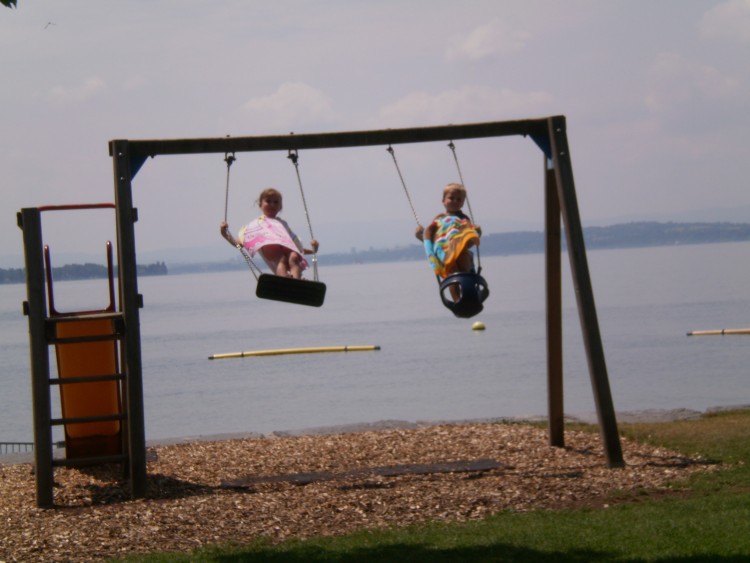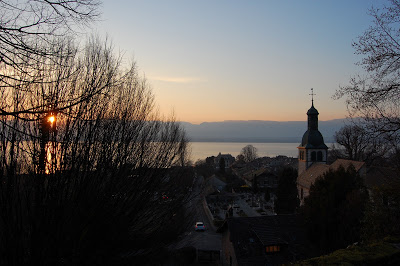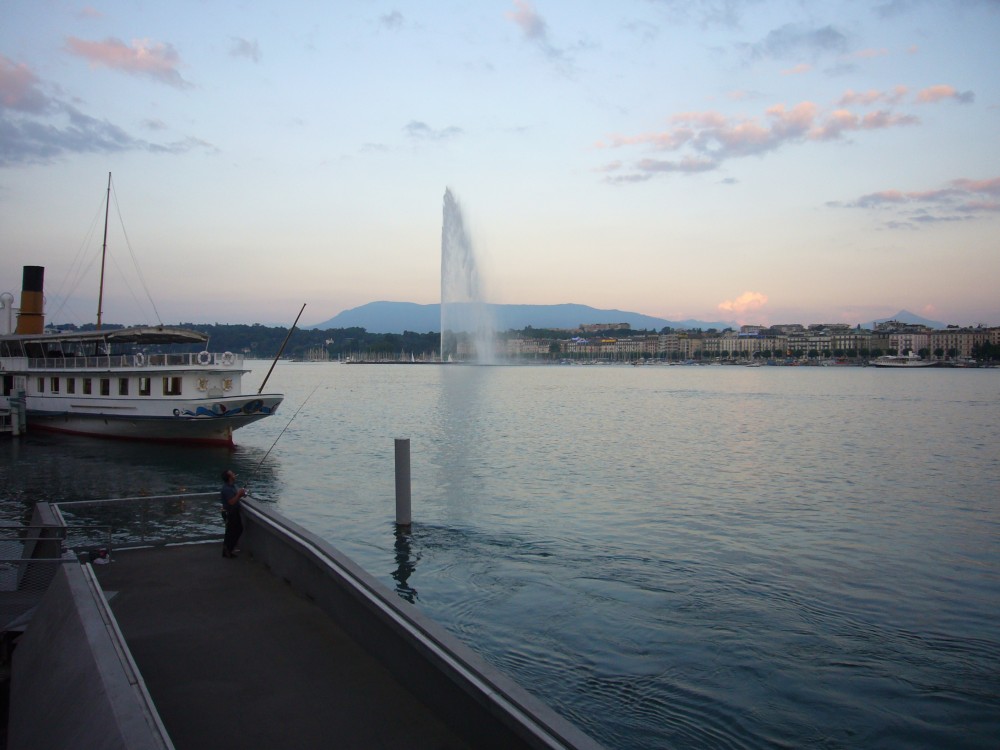
Schools in Geneva
One of the most important issues when expats move to a new country is schooling. You can out up with a less than stunning kitchen (and you often have to here) or a slightly boring social life but if your children are unhappy in school then the assignment will be a short one. Or of course if you are unhappy with the school.
When we moved to Geneva we faced the decision – local schools or international/bilingual schools. Cost was not a factor, as my husband’s company would pay for private schooling for the duration of our stay in Switzerland. Our children were still quite young, just 4 years and 6 years and we were keen to have them learn another language. They were already bilingual – English/German so adding French would be great, we thought.
We were also aware that putting them into one of the bilingual or international schools would mean a long and boring school run – traffic in Geneva is notoriously bad. We were concerned about them being in a large international school, which would mean that they would not make friends so easily in the village where we would live. Then not only the school would mean a trip in the car, but also any playdates.

When I came to Switzerland on a house hunting trip, I visited the village school where our children would attend. The first thing I noticed is that we were able to walk straight into the school. There were no locked doors or gates, similar to schools in Germany where we lived previously. For expat Brits this is always a bit of a shock.
it was a small school, just over 100 pupils attend and very much immersed in village life. I was struck by the familiarity of the children with their teachers. I saw one teacher hug a child, ruffling the child’s hair affectionately. The bright artwork on the walls and windows and the light filled classrooms were pleasing to the eye. The school was quiet, no shouting or screaming. I liked the peaceful atmosphere.
Having experience of bilingualism probably made the decision for a local school easier to make. We were convinced that our children would swiftly learn French, likely much faster than we did. With the help of a colleague of my husband, we registered the children at the school via email and got on with the business of packing up our home in Germany ready for the move.
On arrival in Geneva, I made an appointment with the Directrice of the school and within a week, our children started school.
Swiss children start preschool (1. Enfantine) the summer after they turn 4 years old. There are two years of preschool before compulsory schooling starts at 6 years. The infant classes are in the main school and are a gentle introduction to schooling. In the beginning they play a lot and gradually more and more formal schooling is introduced. The schools follow a curriculum and the children have daily assignments to complete before they are allowed to play with games of their choice.
By the time the children move into P1, they have learned most of the alphabet, are doing simple sums and are beginning to read. The Swiss do not learn using phonics, it is straight into learning the letters and how to put them together. This means that the initial reading learning seems slow but once they get going they really find it easy to read. Our daughter is now 9 years and is reading well in French, English and German.
The school is very well integrated into village life. There are several concerts and fetes throughout the year, from the Halloween Trick or Treat organisation, the Fete de Escalade party, the Christmas concert, the Fete de Bonhomme Neige which marked the end of winter, to the end of term summer celebration concluding in the children receiving a gift from the school. Often the rest of the village is invited along to these events; in the case of the summer party, the commune arranges for a caterer to provide lunch for everyone – generally chicken with rice and salad – and the school PTA organises games for the children. We parents can relax in the shade of the massive oak tree and chat while enjoying a glass or two of local wine.
I recently had an experience of how the school handles discipline. Our son had damaged a small table in his classroom and I, along with the parent of his classmate and partner in crime, was called in to speak to his teacher. My son showed me the damaged table and was asked by his teacher if he would agree to paying a donation towards replacing the table. It was stressed that this was a voluntary gesture of apology, not a requirement. The emphasis was on accepting that the children had done wrong and should take responsibility for their behaviour. My son accepted his punishment, emptied his piggy bank and wrote a letter of apology to the teacher.
I am sure that there are differences from school to school. I have heard that Swiss schools are rated A-B-C and our school has the top A rating. Generally though, the standard of teaching is good.
Obviously, this is not suitable for every expat. We are here for 3 to 5 years, and gambled that we would here longer so that the children would get the most from the system, once they had learned French. If your family is likely to be here for a shorter period, or the children are older, it can be better to put them into international schools so as not to disrupt their schooling.
For us, the local school was the best choice.





One Comment
Pingback: